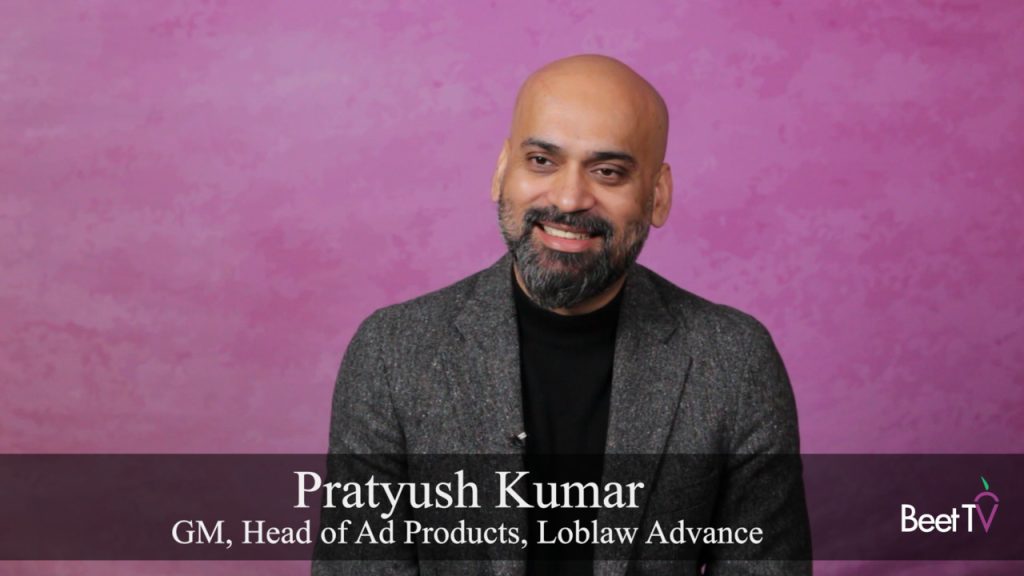It has been a few years of tremendous disruption, in both the business and social environment and in the way marketers must adapt to changing media consumption dynamics.
How can they best respond? By uniting their previously disparate business strategies and thinking on their feet, according to one veteran marketing agency leader.
In this video interview with Engine Group’s global chief commercial officer Scott Schiller for Beet.TV, Carl Fremont, CEO of marketing agency Quigley-Simpson, opens up.
Unite the silos
Fremont says it is a problem that most marketers’ are set up to address distinct parts of the traditional marketing funnel, often in blissful isolation.
“There are certain teams that focus just on acquisition and teams that focus on CRM, building that relationship with that customer over time – that needs to be all united,” he says.
“There are separate teams that don’t necessarily share the same objective and they work independently.
“You’re not developing a single consumer experience and it could impact each of their KPIs.
“It’s most important that we look at the value of a customer over time, it’s lifetime value. If you’re only looking at it from the front end, in terms of the initial acquisition and the initial revenue opportunity, you’re not looking at what’s the potential of that customer over time.”
Celebrating our 19th anniversary! Much thanks to all our clients, employees and partners for helping us grow from a few people to a team of over 150. pic.twitter.com/wPPj4gFalQ
— Quigley-Simpson (@Quigley_Simpson) September 3, 2021
Reading the past
Quigley-Simpson’s recent client work credits include United, The Art of Shaving and LAPD.
The agency’s thesis is “the unification of brand and demand” – in other words, helping marketers get to results quicker, using media, technology, data, insights and creative content.
https://www.quigleysimpson.com/project/tracee-ellis-ross-and-a-world-of-new-cardmembers/
Fremont was a long-time Wunderman executive who has since held several further agency positions and board roles and who believes in embracing the future with learnings from the past.
That is why he sees 2021 as being so instructive.
In this interview, Engine Group’s Schiller says major events had been bellwethers for media consumption:
- Fractured audiences have shown the difficulty in bringing messages together.
- The pandemic which exacerbated media trends.
- Streaming is disrupting both the revenue models, subscriptions and advertising, as well as the way consumers consume media.
Flexible future
Fremont sees the moment.
“There’s one word to describe it and that’s ‘flexibility’,” he says.
“We need to, as marketers, be flexible in terms of how we’re engaging consumers – looking at it from cross-platform, looking at it from inventory sources – because nothing is exactly predictable the way we would like it to be.
“We have to have contingency planning … not only from the marketing side, but from the media side as well, because we’re in such a state of flux.”






























